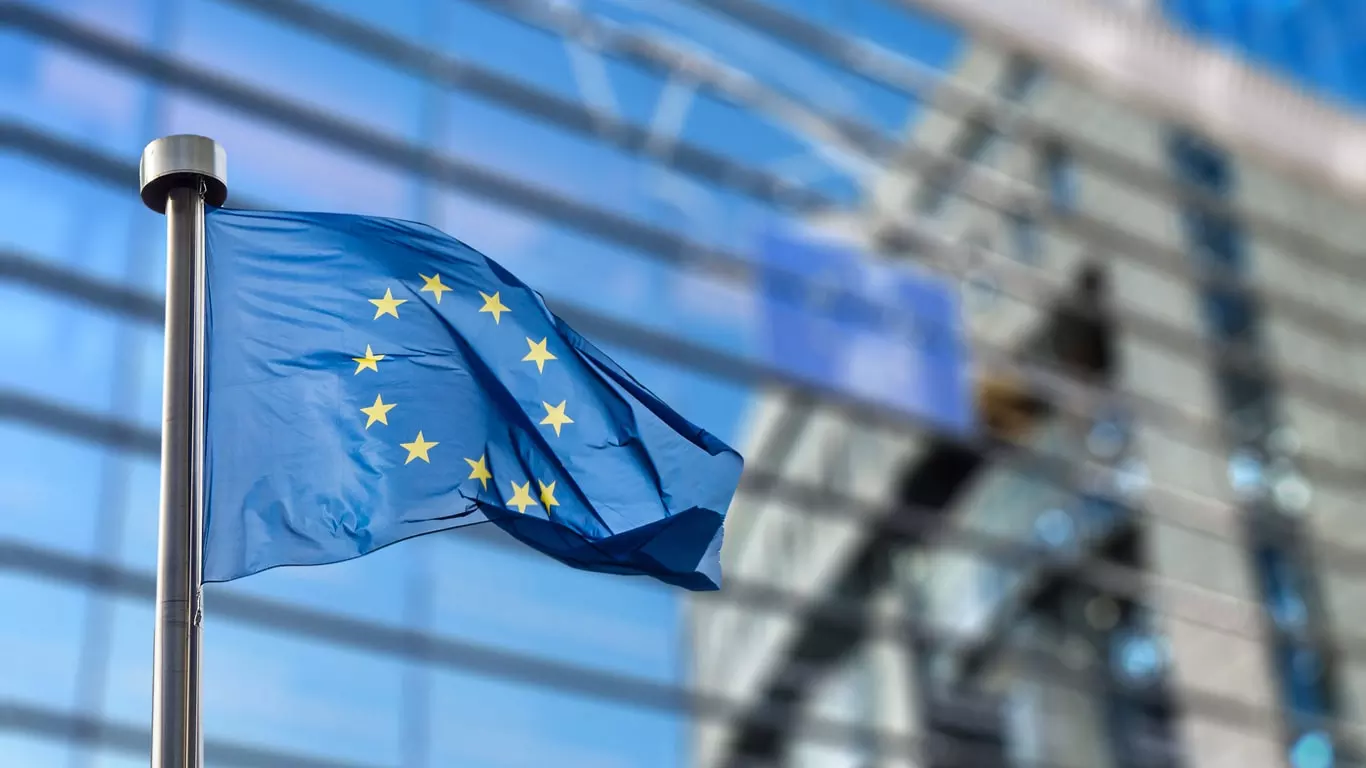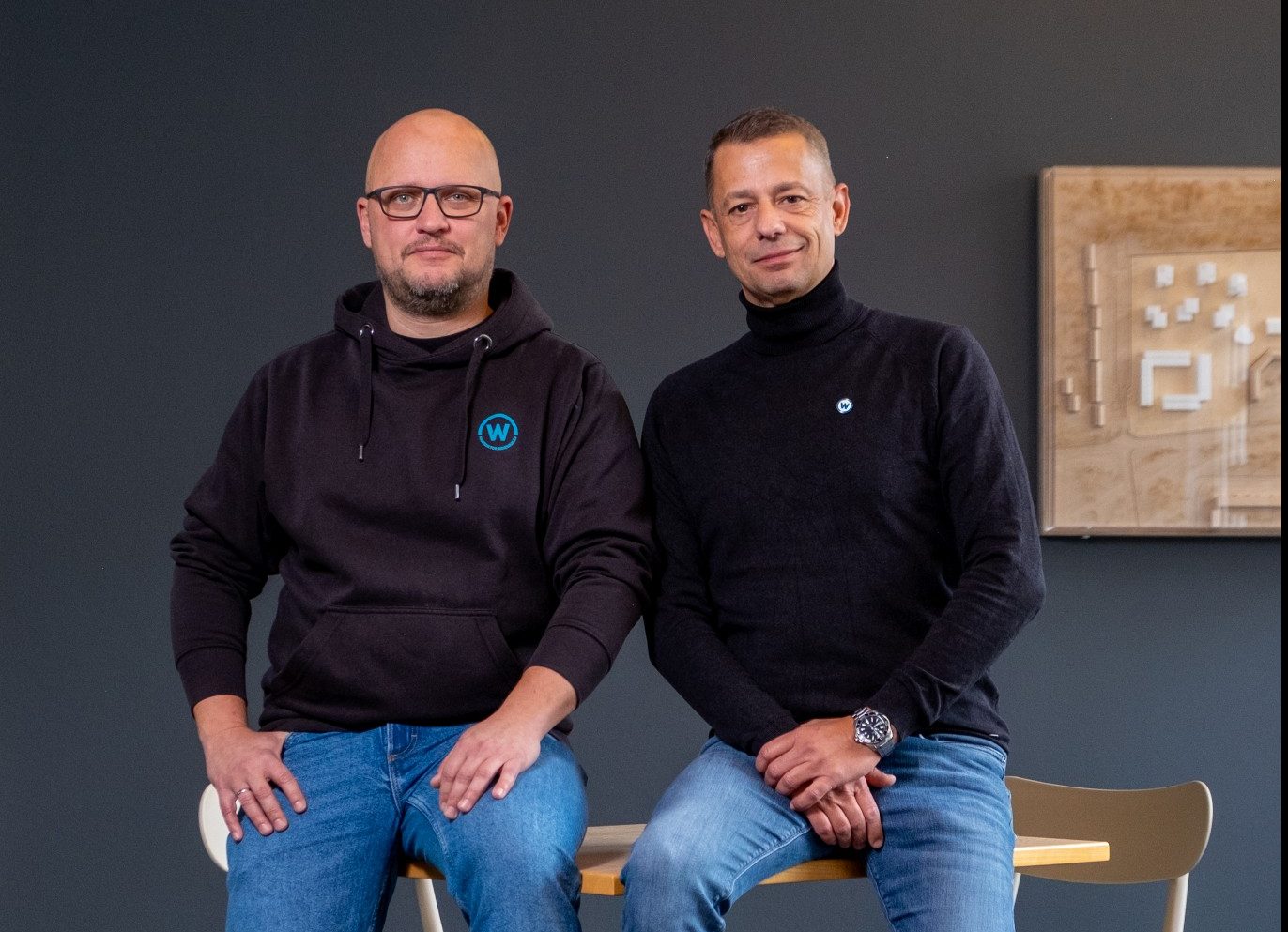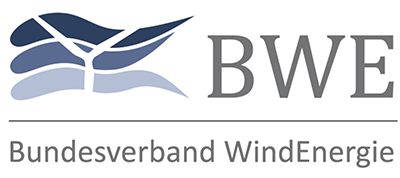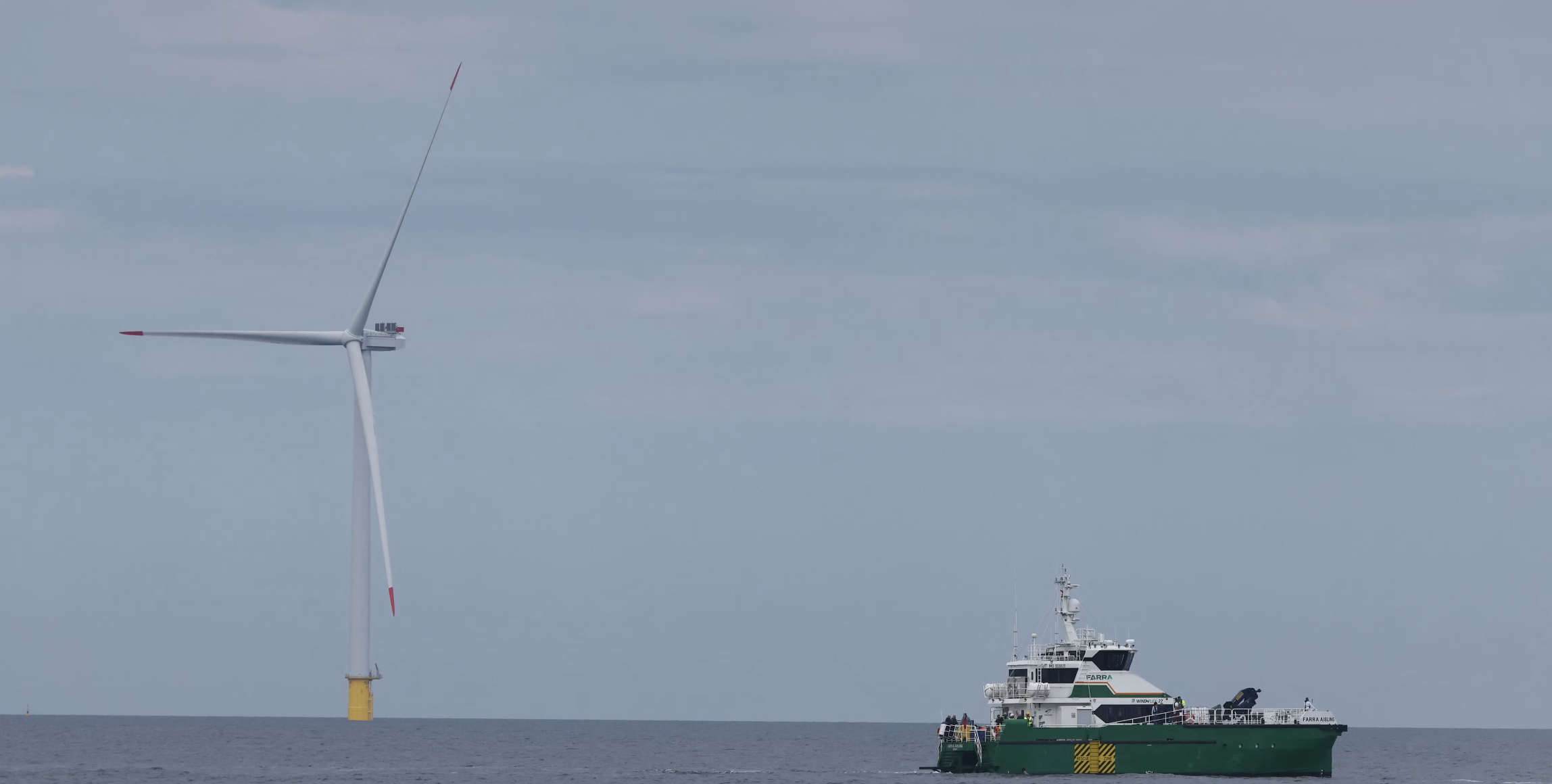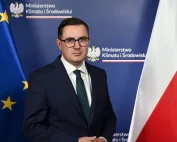Every five years, EU leaders agree on the EU’s political priorities for the future. This takes place in the context of the European Parliament elections and ahead of the appointment of each European Commission. Strategic Agenda for the period 2024-2029 sets the EU’s priorities and its strategic orientations for the next institutional cycle. As such, it guides the work of the EU institutions.
The European Council agrees on the key priorities and invites the European Parliament, the Council and the Commission to put them into action during the next institutional cycle, respecting the institutional balance of powers as set out in the Treaties and the principles of conferral, subsidiarity and proportionality. The next Multiannual Financial Framework for the Union will have to reflect these priorities, ensuring that the EU budget is fit for the future and that European responses are given to European challenges. In this respect, we will work towards the introduction of new own resources.
Agreed Strategic Agenda indicates that – „the global political landscape is being reshaped by strategic competition, growing global instability, and attempts to undermine the rules-based international order. Russia has brought war back to our continent. In our neighbourhood, the situation in the Middle East is dramatic. Our natural environment is facing increasing damage and disruption due to climate change, biodiversity loss and pollution. The fast development of new technologies brings opportunities and potential risks. These unprecedented challenges have led us to break new ground in our cooperation and integration in the past five years. Together, we have set key goals to fight climate change and put in place an ambitious framework for the digital transition.”
European Council sets its goal to strengthen EUcompetitiveness and become the first climate-neutral continent, making a success of the climate and digital transitions, leaving no one behind. „Europe is a continent of doers, makers and innovators. Trusting our companies to turn risks into opportunities will spur investment, boost economic growth and make Europe a world leader in green and digital industries and technologies.”
The Agenda flags that making a success of the green and digital transitions needs to be part of prosperous and competitive Europe. On the path to climate neutrality by 2050, the EU will be pragmatic and harness the potential of the green and digital transitions to create the markets, industries and high-quality jobs of the future. The European Council indicates – we will provide a stable and predictable framework and create a more supportive environment for scaling up Europe’s manufacturing capacity for net-zero technologies and products. We will invest in ample cross-border infrastructure for energy, water, transport and communications. We will pursue a just and fair climate transition, with the aim of staying competitive globally and increasing our energy sovereignty. Accelerating the energy transition, we will build a genuine energy union, securing the supply of abundant, affordable and clean energy. This will require ambitious electrification using all net-zero- and low-carbon solutions, and investment in grids, storage and interconnections. We will develop a more circular and resource-efficient economy, driving forward the industrial development of clean technologies, reaping the full benefits of the bioeconomy, embracing clean and smart mobility with adequate network infrastructure.
Green transition towards net-zero by 2050 is also part of the priority „to promote an innovation- and business-friendly environment”. In an increasingly knowledge- and data driven economy and a global and competitive market, Europe will accompany, nurture and grow its businesses and industry, attract and retain talent, and remain an attractive location for investment. The Agenda plans to boost Europe’s research and innovation capacity in emerging and enabling technologies, including for dual use. Achieving industrial strength in key sectors also requires the Union to safeguard fair competition, fight unfair practices, and ensure a level playing field both internally and globally.
The strategic agenda 2024-2029 was launched at the EU summit in Granada, Spain, in October 2023. It has been adopted by EU leaders at the European Council on 27 June. The next steps in the EU institutional cycle are the start of the new EP term in July and the election of a new European Commission in autumn 2024.
Source: European Council, Strategic Agenda 2024-2029
